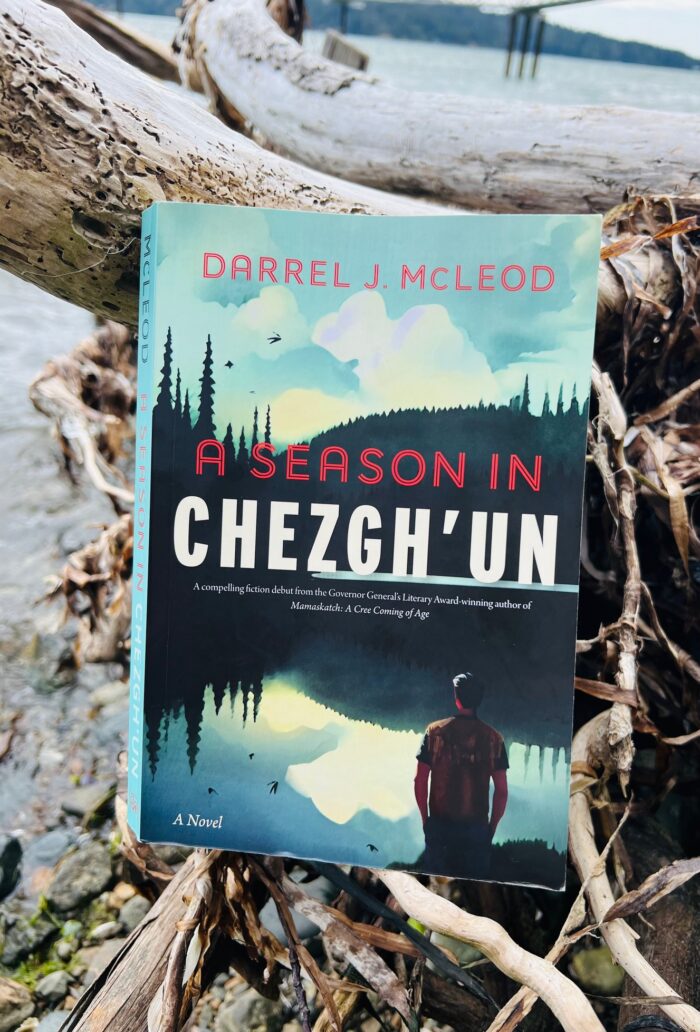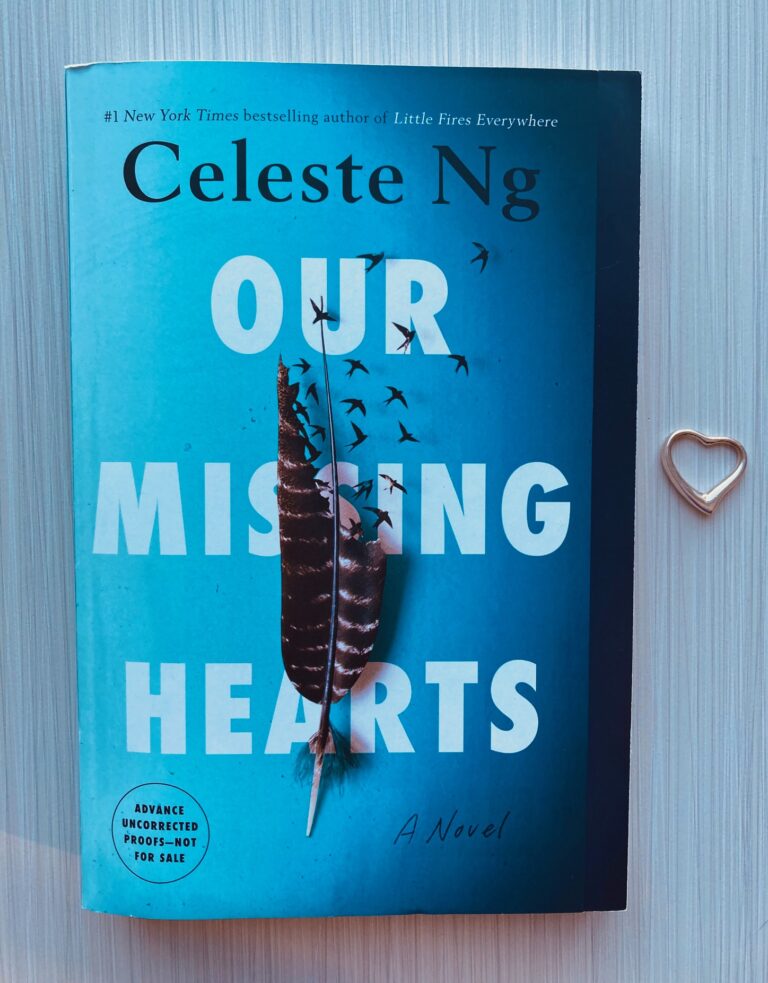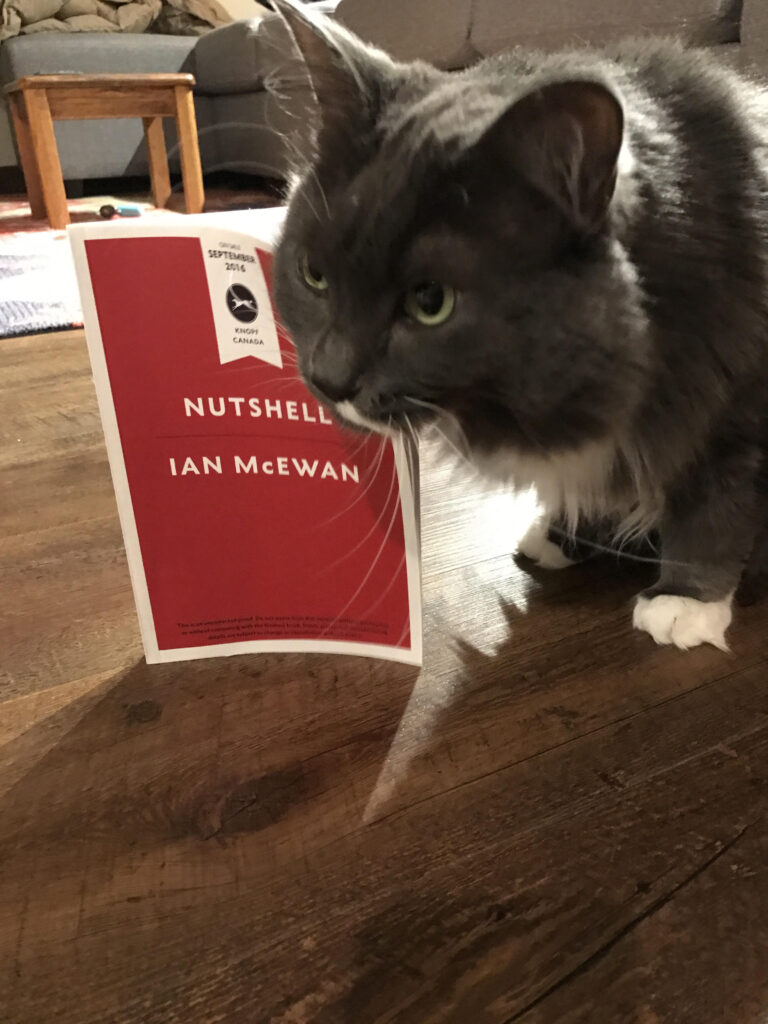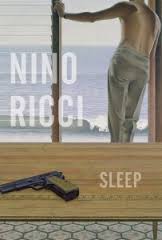Book Review: A Season in Chezgh’un by Darrel J. McLeod

It was by luck alone that I found myself reading the debut novel by Indigenous Canadian author Darrel J.McLeod, in the same small town his bio claimed he lived. * The picture above is taken in Sooke British Columbia, where I was vacationing with my family in August, which also happens to be the place McLeod called home. He was an award-winning writer, having won the Governor General’s award for non-fiction a few years ago for his memoir, but A Season in Chezgh’un was his first foray into fiction. It’s a compelling story that illuminates a part of the world we don’t hear much about, but for those who follow this blog closely, it has a similar premise to that of another book I read earlier this year, The Morning Bell Brings the Broken Hearted. Both detail outsiders coming into a remote northern community to teach, learning more about themselves than the community they are assigned to.
Plot Summary
It is the late 1980s, and protagonist James is living an exciting life in Vancouver with his long-term partner Franyo. They have a close group of friends and fulfilling careers, but James has always felt disconnected from his family where he was born, in Northern Alberta. The sadness from the death of his mother and his sister’s suicide have lingered, so when a job opportunity to become a principal in a Northern Indigenous community becomes available, James takes it in hopes he will be able to better connect with his own Indigenous Cree culture. Leaving behind a comfortable life and a dismayed lover, James is optimistic he can bring his specialized educational knowledge and intent to focus on cultural education to better the impoverished and addictions-stricken community of Chezgh’un. He quickly realizes that gossip, in-fighting, and politics are just as big of a challenge as systemic underfunding, so over the course of a year, James learns to navigate the complicated relationships with those invested in the community, plus those competing for the limited government funding that is afforded these remote places. His own trauma occasionally rises to the surface, making things even more difficult as he tries to enable the healing of the generational trauma that is running rampant in Chezgh’un, but the improvements he is able to make are a motivating factor for both him and the other teachers he leads.
My Thoughts
The book I read and referred to earlier was different in that it depicted a white woman coming to an Indigenous community to teach, whereas James’s situation is made simpler in the fact that he too is Indigenous, so he is accepted by the people of Chezgh’un much quicker. However, being a queer male, (especially in this time period, during the AIDS crisis) further complicates his placement in the community, and the scenes in which he is trying to act a certain way, or read the men’s mannerisms in an all-male group was very eye-opening for me as a woman. James’s attraction to both men, women, complete strangers and old friends seemed to be a running theme in the book, at one point pondering if it is a sex addiction he really struggles with. This thread is never fully developed but always in the background, fleshing out James’s character more fully as he adjust to his new life up north.
In many ways, James’s success in the community is almost unbelievable at times – he manages to jumpstart a few different programs, including educational routes for teens and adults, as well as a new focus on outdoor exercise that benefits everyone. But he is frequently met with resistance, even after securing these wins, and he continues to struggle right up until the last page of the book. He is never painted as a saviour, even as other characters remind him he’s not placed there to ‘save’ anyone. Instead, he is a portrayed as a complicated and thoughtful individual, ever attuned to how he may appear to others:
“He glimpsed the gold watch on his wrist that Franyo had given him. Suddenly, he felt conspicuous wearing it-him, a poor boy from the bush desperately seeking acceptance here, among these people who lived such a rich life, but were considered poor by Western standards. He took the watch off, placed it carefully in his jeans pocket. He’d put it back on when he returned to Vancouver”.
-p.99 of A Season in Chezghu’un by Darrel J. McLeod
Agency is another major theme in this book. James instinctively knows that the community will succeed if the folks within it are able to life themselves up, he is just there to help give them the tools to do so. In a surprising act of agency at the end of the story, James chooses a path that will come as a shock to some readers, but McLeod makes it clear that his story isn’t meant to reinforce, or even break through stereotypes; it’s about a singular man and his own journey, and not meant to be interpreted as a message or lesson about Indigenous culture or people in general.
*In the month between my reading / reviewing this book, and posting this review, McLeod very sadly passed away at the age of 67. You can learn more about him and his writing here.





Sad to hear of his passing. It always touches home more somehow when you’ve been reading an author’s book only to hear of his death shortly after.
It’s so true FF! I read the book before he passed, and it sounds like I actually reviewed this same book on the radio the day of his death (unknowingly, at the time). Especially knowing he won’t be writing anymore, it’s very sad.
What a weird coincidence that you were reading a book set in the spot you were vacationing! That is sad to hear of the author’s passing.
I was so surprised to see that when I was reading it! It was like fate, because it’s a very small town. It’s not where the book was set, but where the author lived, but still, very crazy coincidence!!!
This is in my stack right now, so I’m kind of skimming your thoughts, even though I know you try to avoid spoilers: I’m really looking forward to it. Oh, I guess I’ll have to travel to that town first though!
It’s a very quiet, thoughtfully written book. I think you’ll appreciate it!
Hey, Anne, for some reason I cannot read the other comments on this post. I just see yours in response to…someone’s. I feel so bad pointing this out because it’s like all my recent comments are on your blog platform instead of your posts!
As for this post, this sounds like a book that is character driven. The plot doesn’t seem to be much of a fact; instead, we’re following one Queer person as they try to integrate into a community. Oddly, that description reminds me of Casey Plett’s novel Little Fish.
Don’t feel bad about this, I need to know how my users are interacting with the page, it’s valuable info, so you’re doing me a big favour :)
I never read Little Fish, but heard so many good things about it. Canadians loved that book, Casey is a big canlit star, so I’m glad to hear you are familiar with her work too!